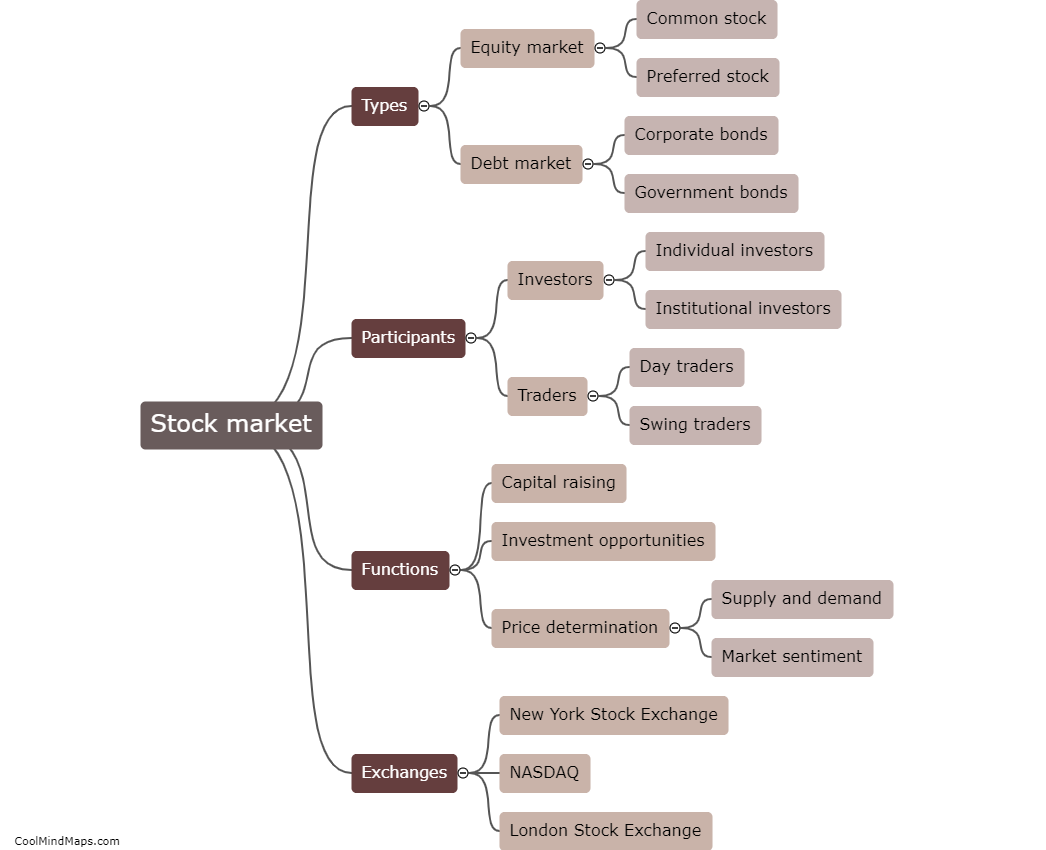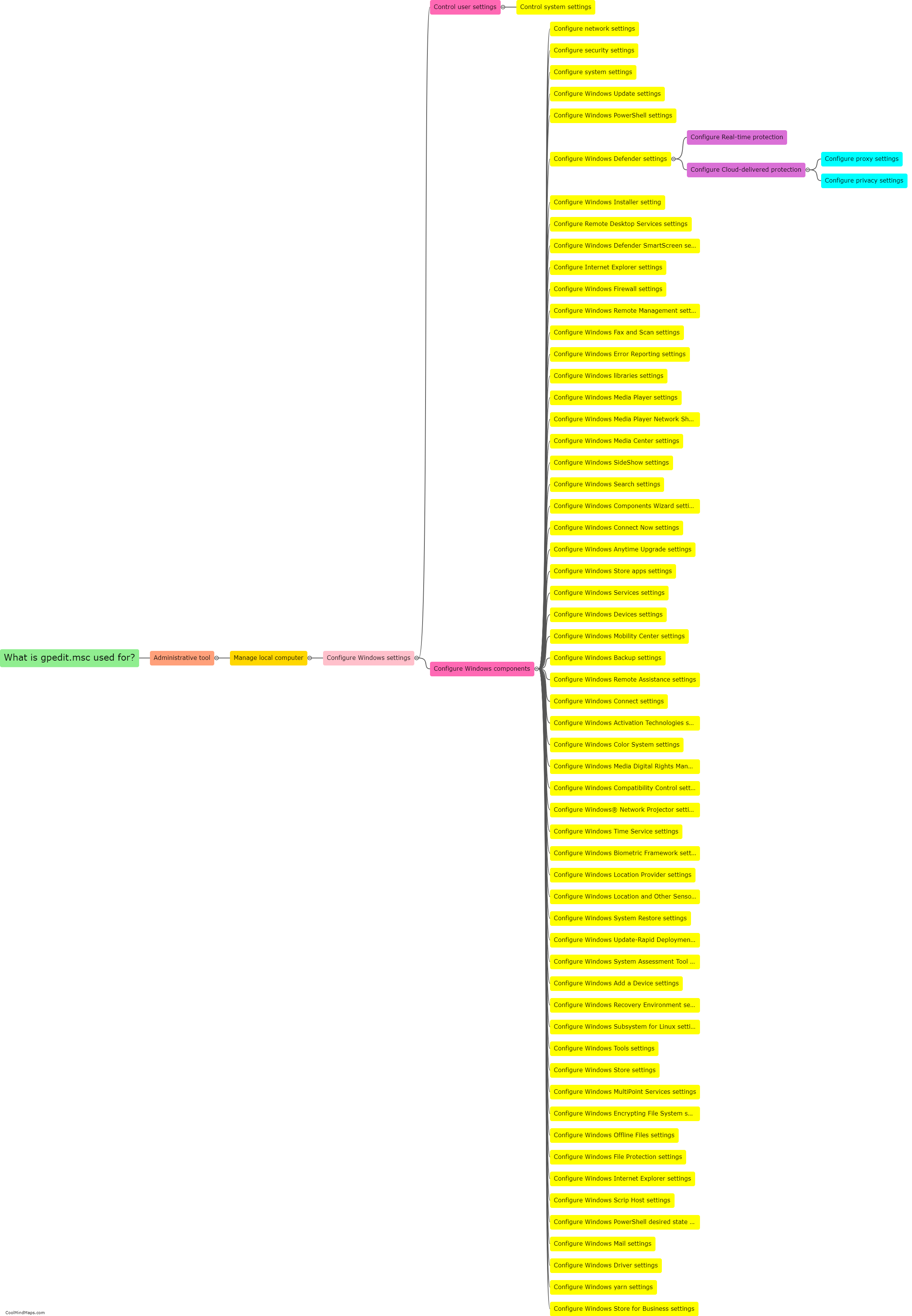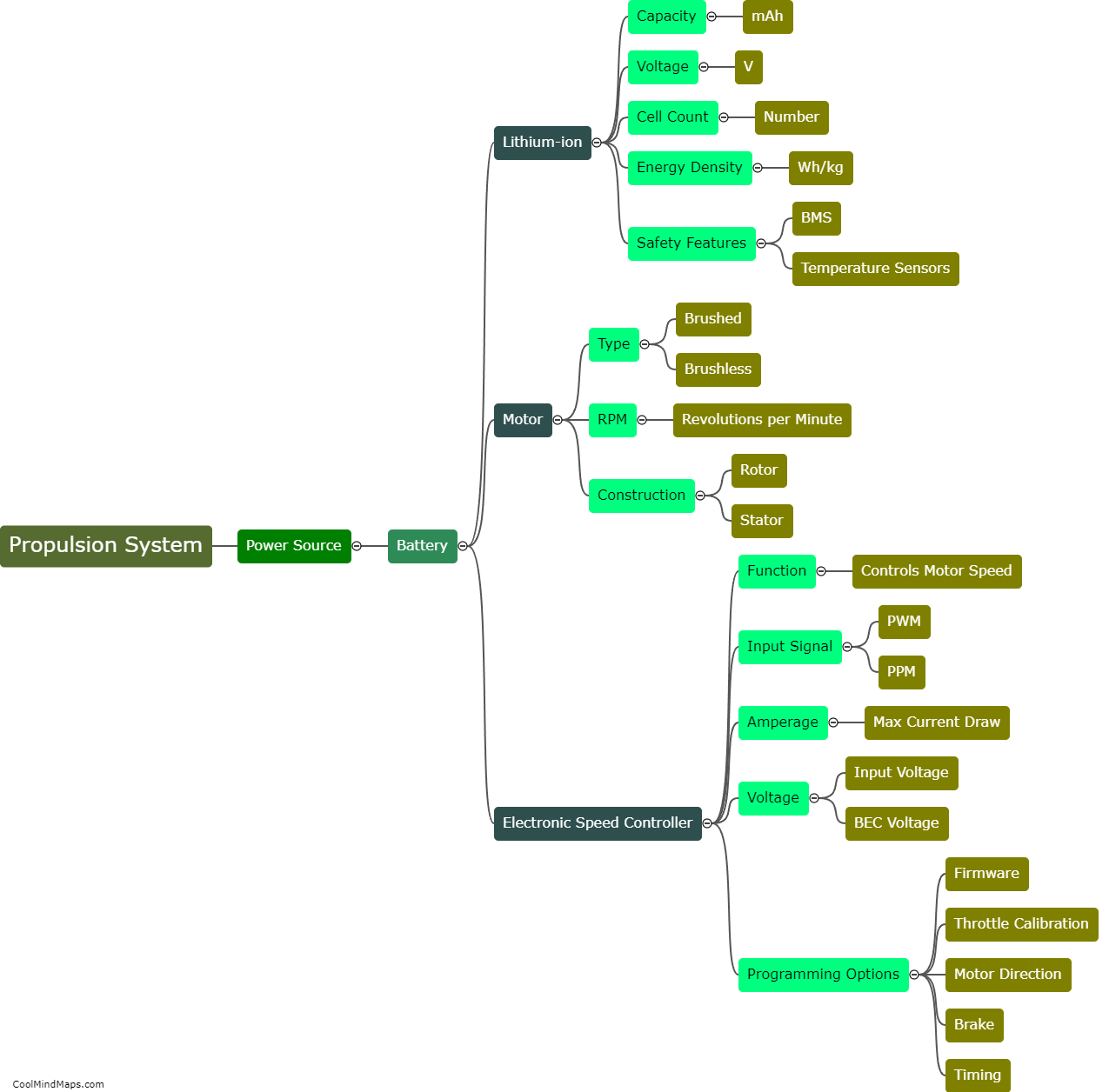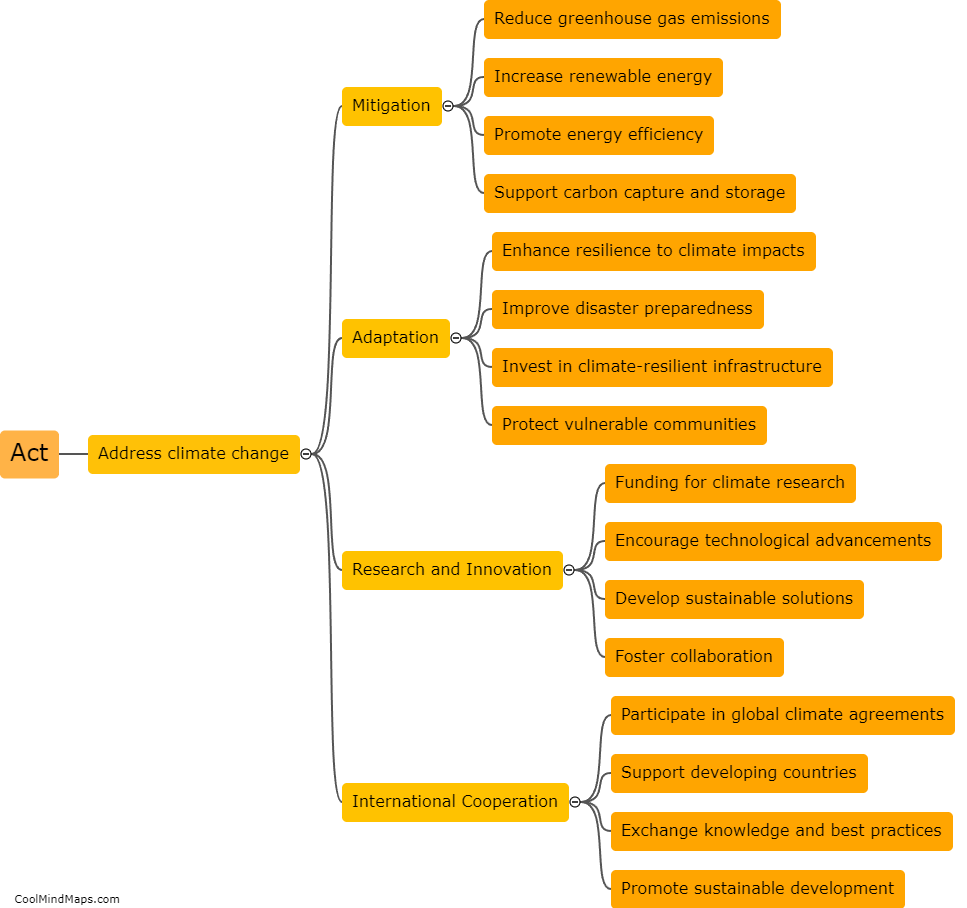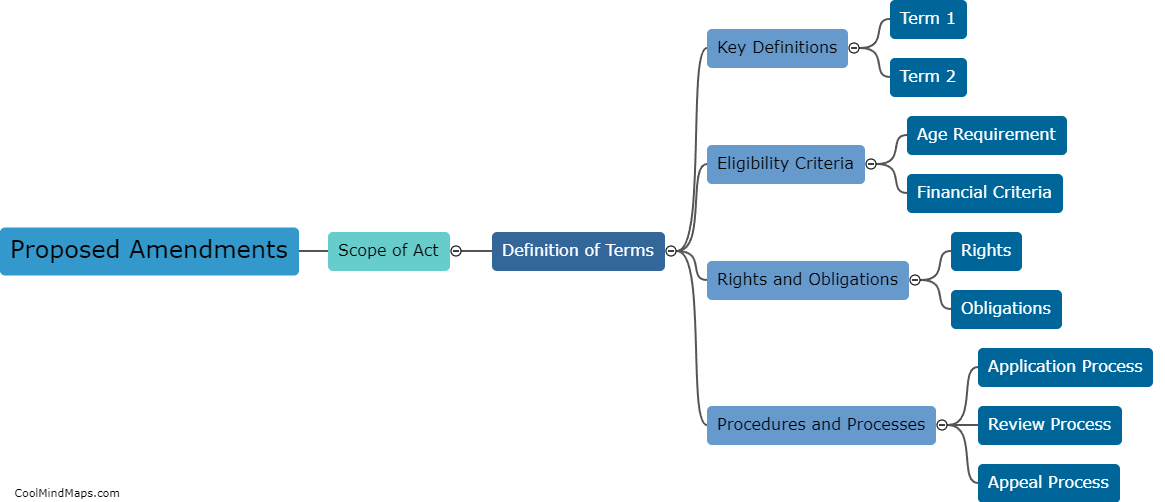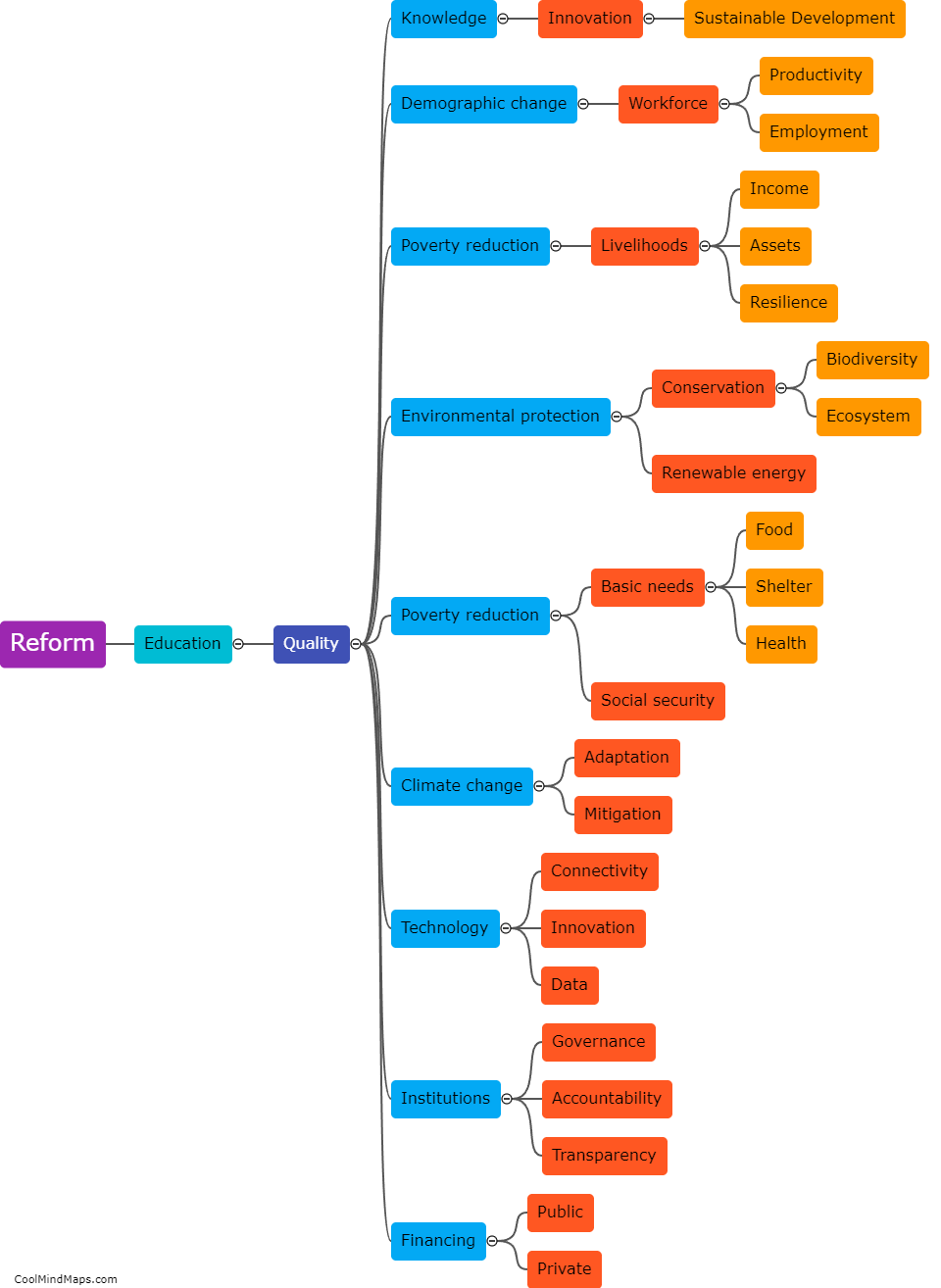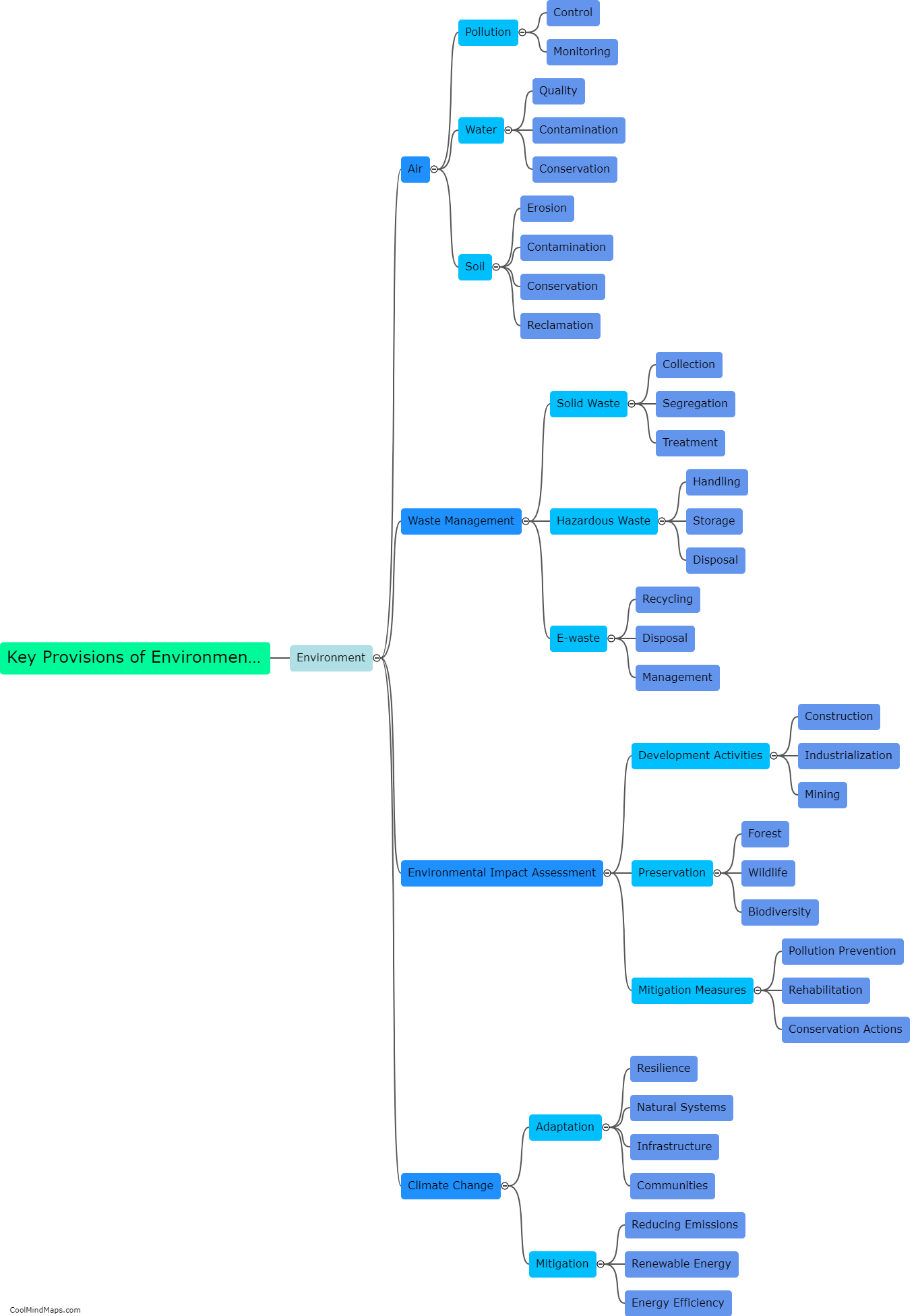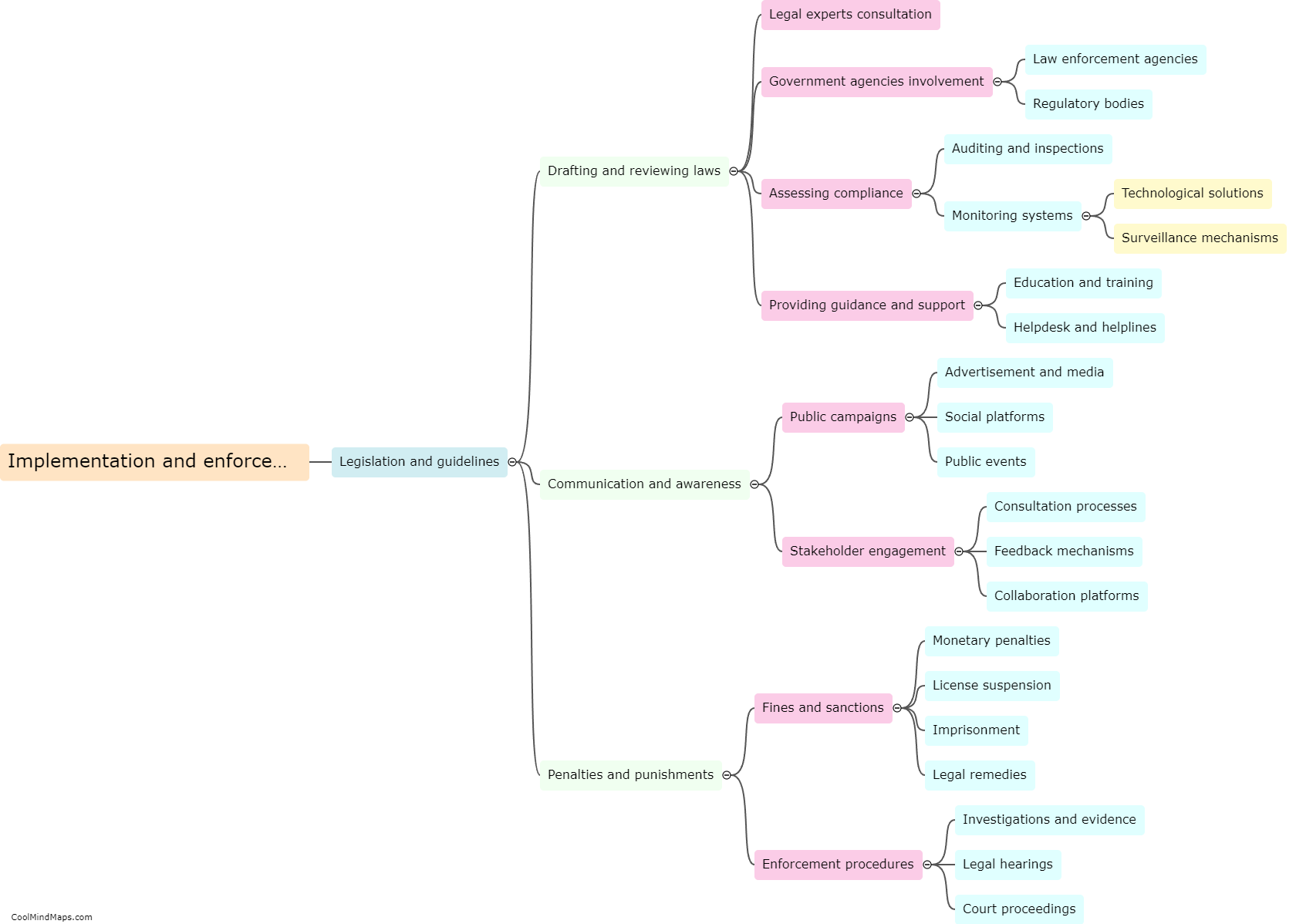Which stakeholders will be involved in the implementation of the reform?
In the implementation of any reform, there will typically be multiple stakeholders involved, each with their own interests and roles to play. These stakeholders can vary depending on the nature of the reform and the specific context. For example, in an education reform, the key stakeholders may include teachers, students, parents, administrators, policymakers, and community members. Each of these stakeholders brings a different perspective and expertise to the implementation process. Teachers and administrators are important for their experience and understanding of the education system, while students and parents provide valuable insights into the impact of the reform on education outcomes. Policymakers play a crucial role in designing and shaping the reform, while community members can contribute to the implementation through support and engagement. The involvement of all relevant stakeholders is essential to ensure the successful implementation of the reform and to address any concerns or challenges that may arise.
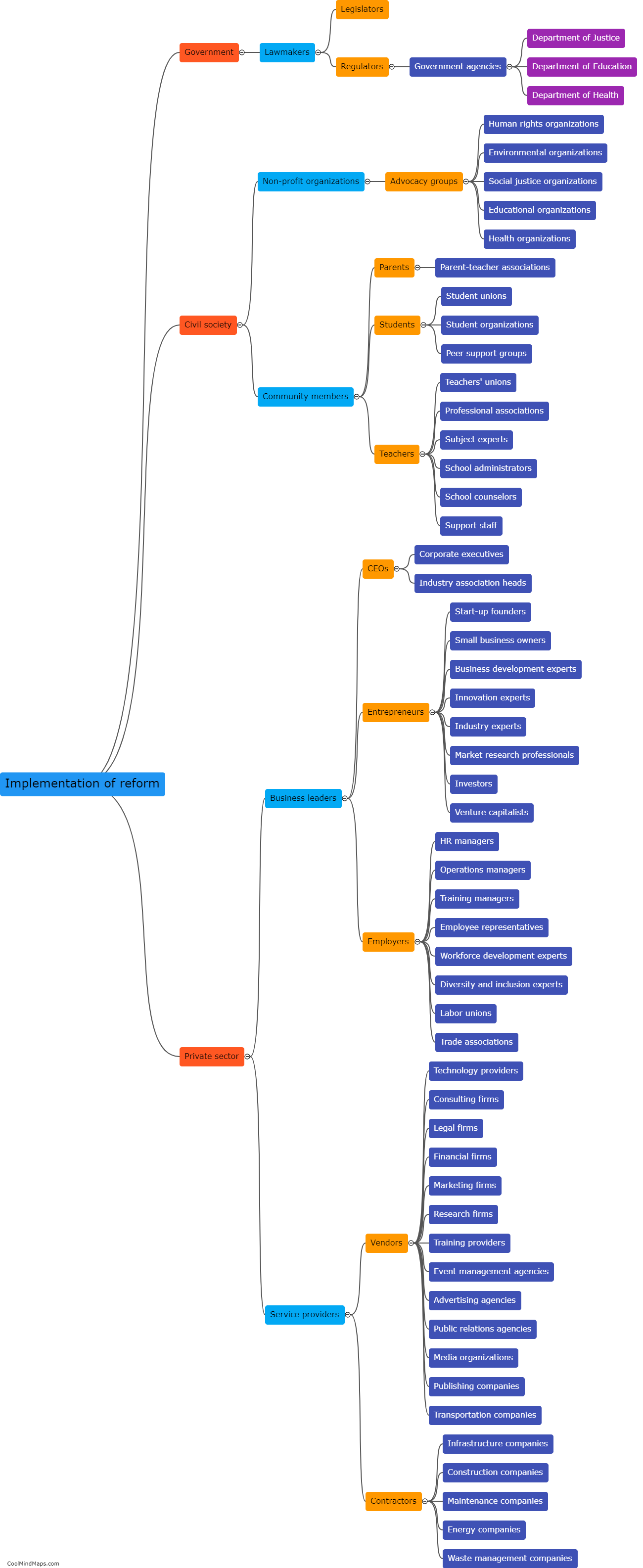
This mind map was published on 26 November 2023 and has been viewed 95 times.

